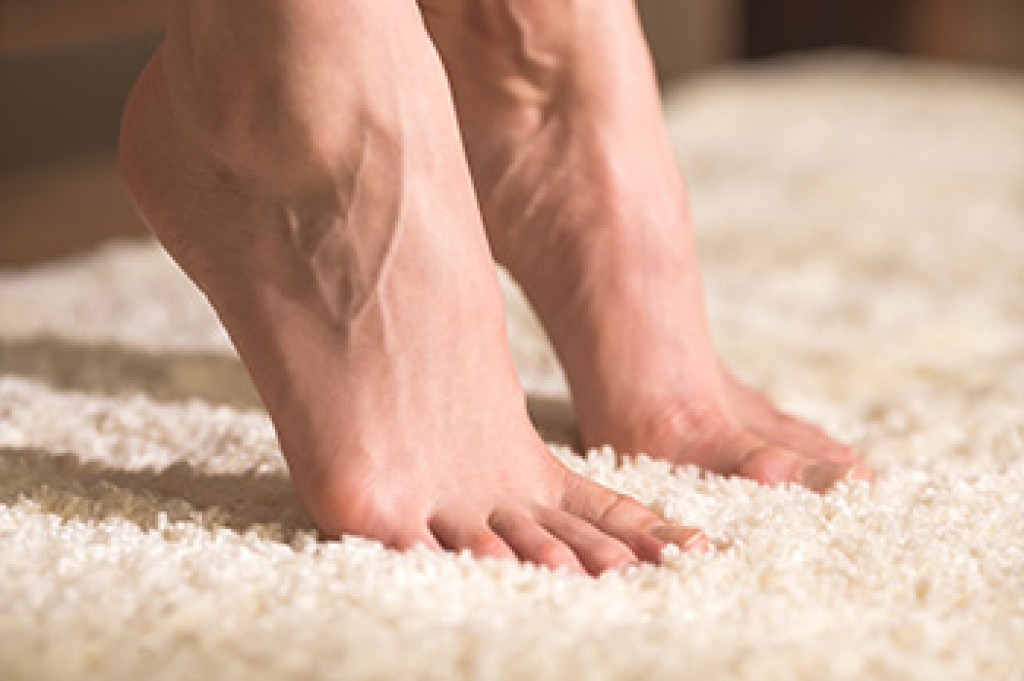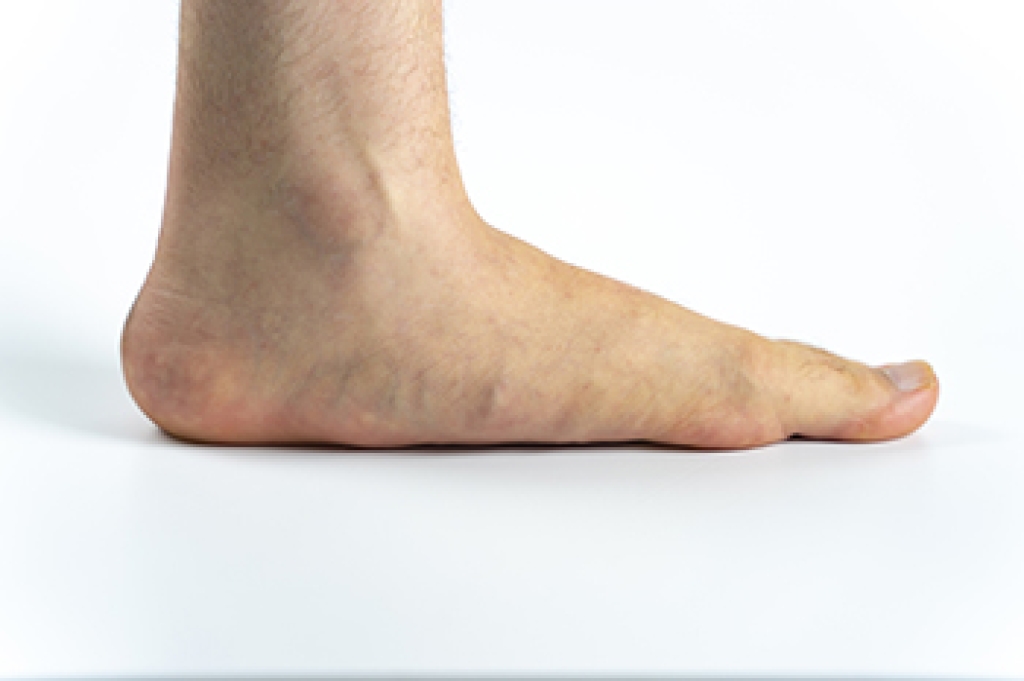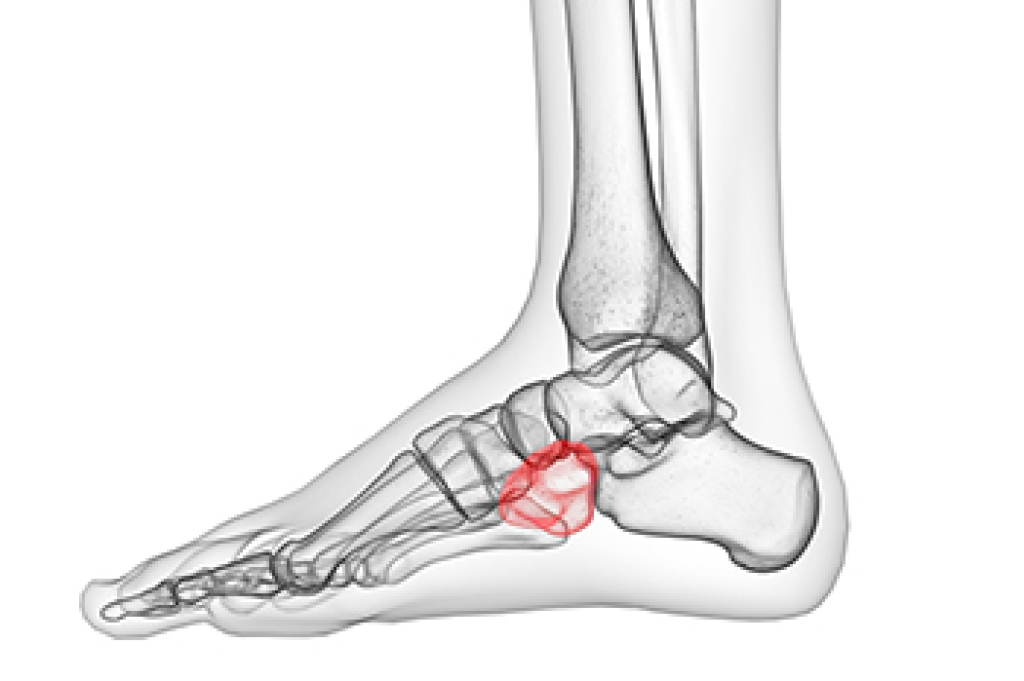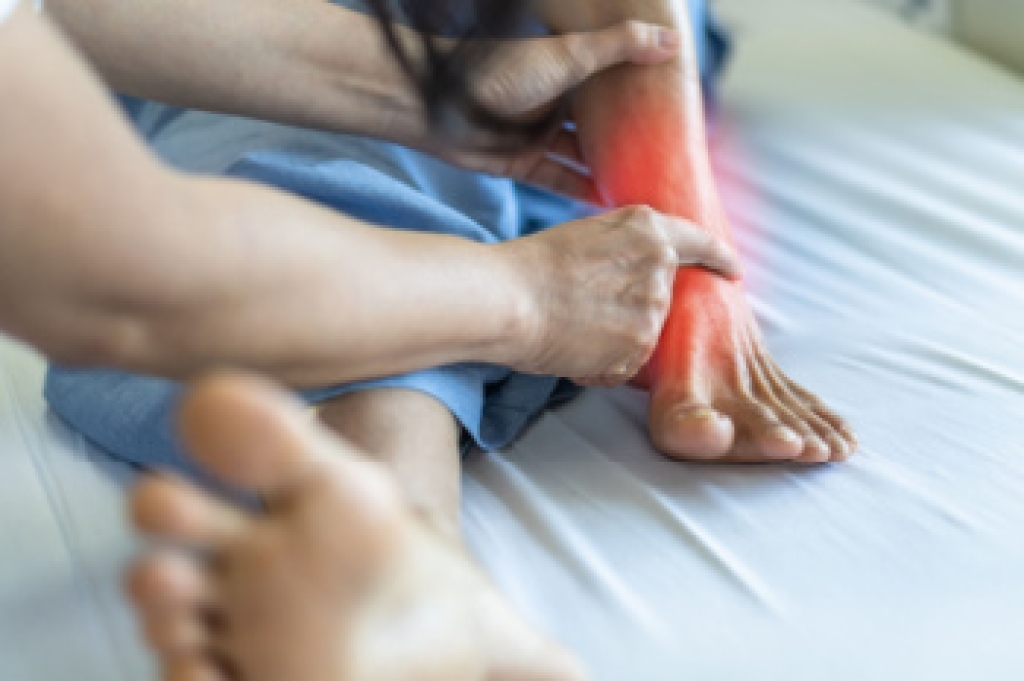
Exercises for foot problems can improve strength, flexibility, and support long-term foot health, when done correctly. Choosing the right level of exercise is important because pushing too hard can increase pain or delay healing. Gentle movements performed with proper form help activate muscles without causing strain. Repetitions should be kept comfortable, and spread out in small amounts during the day rather than completed all at once. Allowing time for rest between exercise sessions gives tissues a chance to recover and adapt. A podiatrist can help by identifying the cause of foot pain, creating an individualized exercise plan, and guiding safe progression. If foot discomfort or weakness is limiting daily activities, it is suggested that you consult a podiatrist who can provide effective relief tips, which may include an exercise program tailored to your needs.
Exercising your feet regularly with the proper foot wear is a great way to prevent injuries and build strength. If you have any concerns about your feet, contact one of our podiatrists from Palm Beach Foot & Ankle. Our doctors can provide the care you need to keep you pain-free and on your feet.
Exercise for Your Feet
Exercise for your feet can help you gain strength, mobility and flexibility in your feet. They say that strengthening your feet can be just as rewarding as strengthening another part of the body. Your feet are very important, and we often forget about them in our daily tasks. But it is because of our feet that are we able to get going and do what we need to. For those of us fortunate enough to not have any foot problems, it is an important gesture to take care of them to ensure good health in the long run.
Some foot health exercises can include ankle pumps, tip-toeing, toe rises, lifting off the floor doing reps and sets, and flexing the toes. It is best to speak with Our doctors to determine an appropriate regimen for your needs. Everyone’s needs and bodies are different, and the activities required to maintain strength in the feet vary from individual to individual.
Once you get into a routine of doing regular exercise, you may notice a difference in your feet and how strong they may become.
If you have any questions, please feel free to contact our offices located in Boynton Beach, Palm Beach Gardens, and West Palm Beach, FL . We offer the newest diagnostic and treatment technologies for all your foot care needs.




